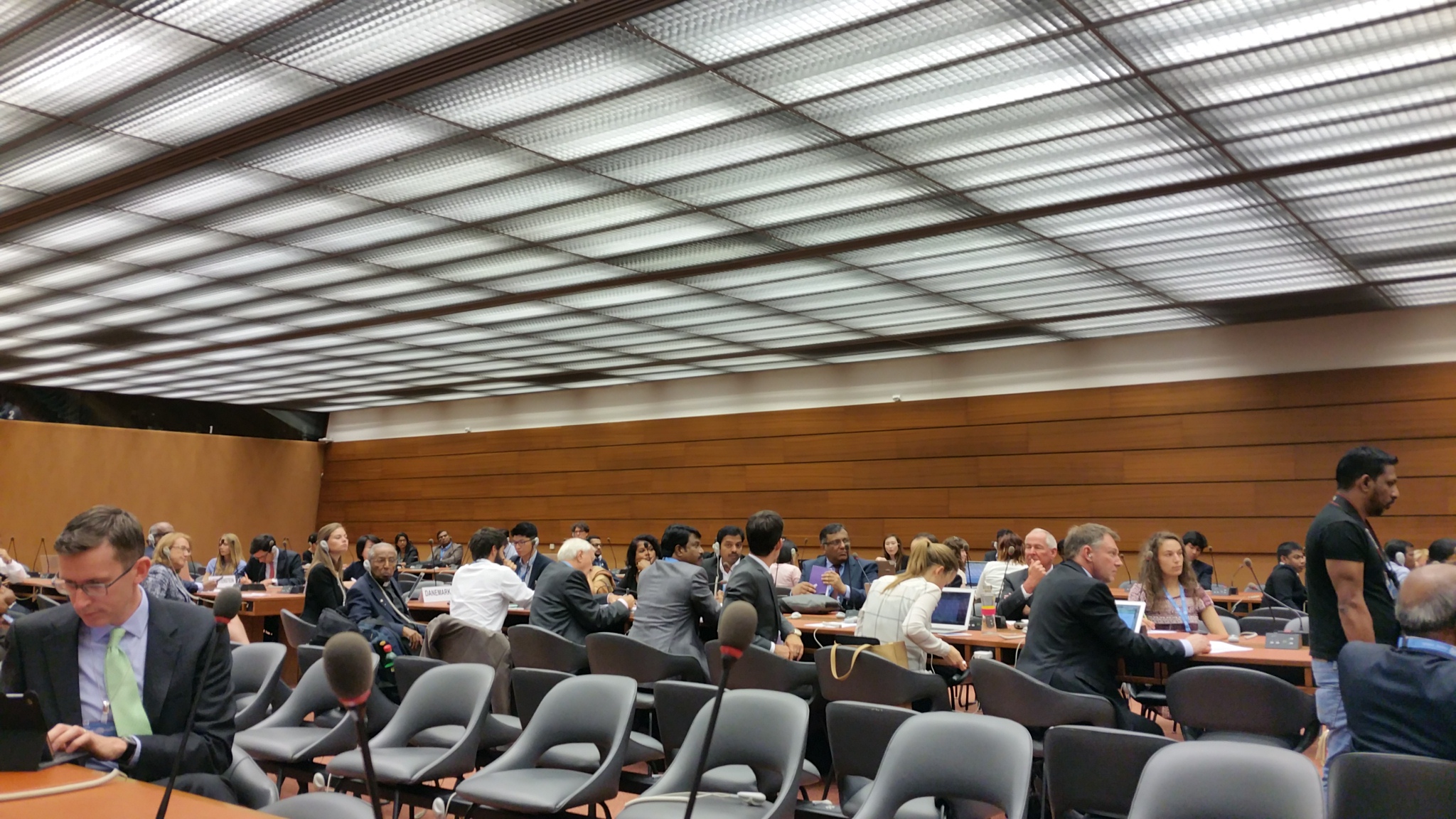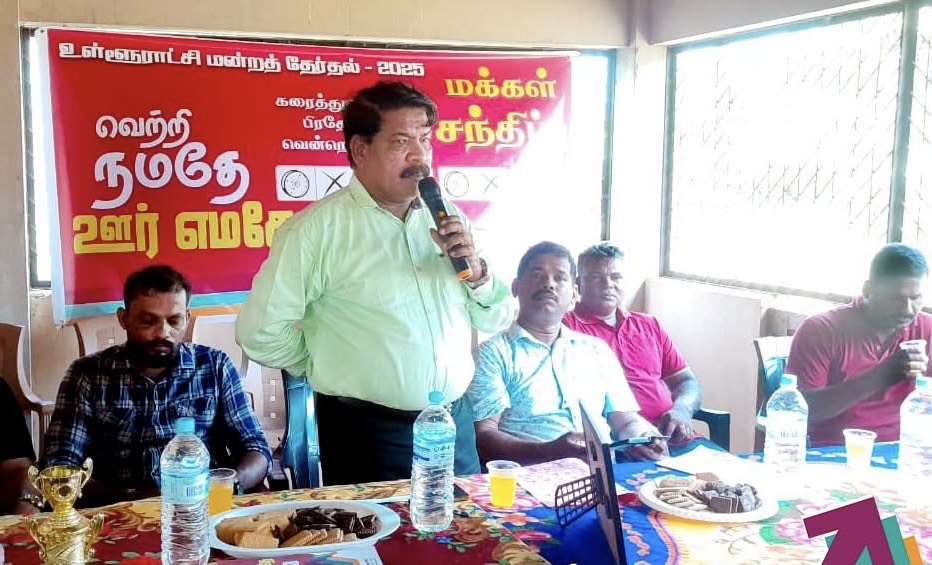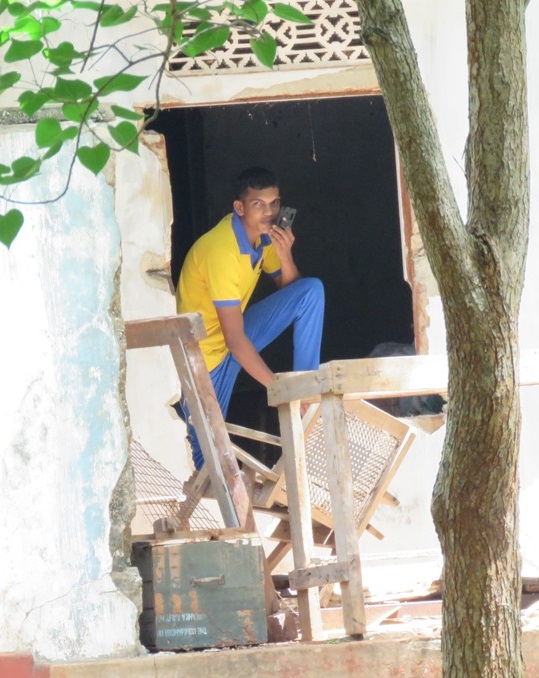Video uploaded
De-militarisation of the North-East will be complete by next year said Sri Lanka’s foreign minister, whilst calling on the international community to “give Sri Lanka a chance” amidst civil society concerns of the government's slow progress and reneging on its commitment to the UN Human Rights Council resolution on accountability and reconciliation.
 |
 |
| Photographs: Tamil Guardian |
Speaking in Geneva at a public side event held by Sri Lanka’s permanent mission to the United Nations Human Rights Council, Mr Samaraweera commented on the issue of foreign judges, investigators and prosecutors in the accountability process, stating,
“There are many different opinions on what levels the international participation in the judicial mechanism ought to be. Some people say the participation of judges is paramount others say it is not possible. The decision on the contours of the mechanism will only be taken after consultations. The assurance I can give you now is that whatever the final outcome of the judicial mechanism it will be a mechanism that will have credibility and address the needs of all stakeholders and be done in consultation with all political parties.”
Responding to questions asking why Sri Lanka was scared of international judges Mangala Samaraweera said,
“We are not scared of international investigations. We feel that domestic mechanisms with international support is much easier than the process you’re suggesting which is not practical. Let me underline, a domestic mechanism does not preclude foreign participation. There is circumstances were foreign participation in certain areas is needed, especially foreign investigators and forensic experts.”
When quizzed further on the reneging by elements of Sri Lanka’s government on its commitment at the UNHRC to international judges, prosecutors and investigators in an accountability process, Mr Samaraweera said,
“We are doing it and we have the political will to do so. There are various statements made by different people, but our commitment to the Geneva resolution remains unchanged. In February addressing the nation President Sirisena said Sri Lanka is committed to implement the resolution to protect the dignity of the state, our people and the armed forces.”
See also: International participation in Sri Lanka's accountability process necessary reiterates UN Human Rights Chief
Responding to questions on whether the government would commit to addressing the intense military presence in the North-East, Mr Samaraweera said,
“We are in the process of demilitarisaiton. We have asked the armed forces to gradually move out of the north. Many of the lands held under the armed forces are now being returned. To be frank we are not happy with the speed at which land is being given back…We have asked the military to give a time line..Many of the businesses run by the army have been handed back but there are still some more. The process is ongoing and hopefully by the end of next year things will be back to normal.”
Noting that the military had given a time line, he added, “All the lands will be returned by 2018.”
See also: Sri Lankan president pledges government will 'not in any way weaken' military (28 Jun 2016)
When asked about what initiatives Sri Lanka was taking to educate the Sinhala south on the need to prosecute for mass atrocities and the true meaning of the UNHRC resolution on accountability and reconciliation in Sri Lanka, the foreign minister said,
“That is one area that our communication has not been the best in the world. We have not communicated enough about what we are doing here and what we will be doing. That is why we now have some communications people to start educating the people.”





